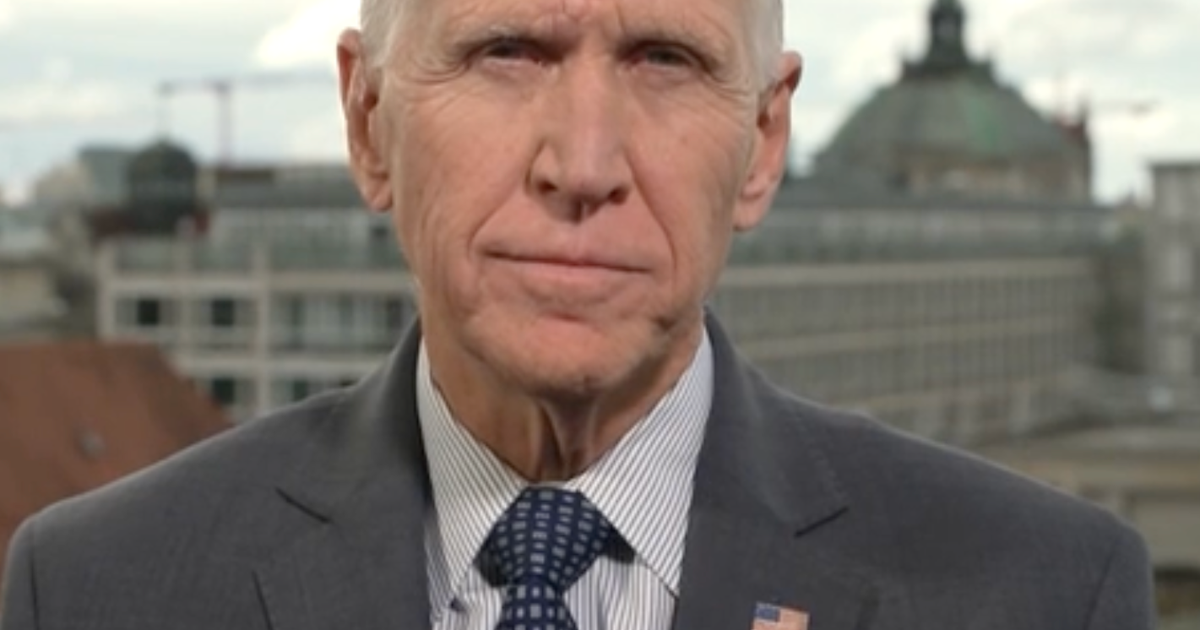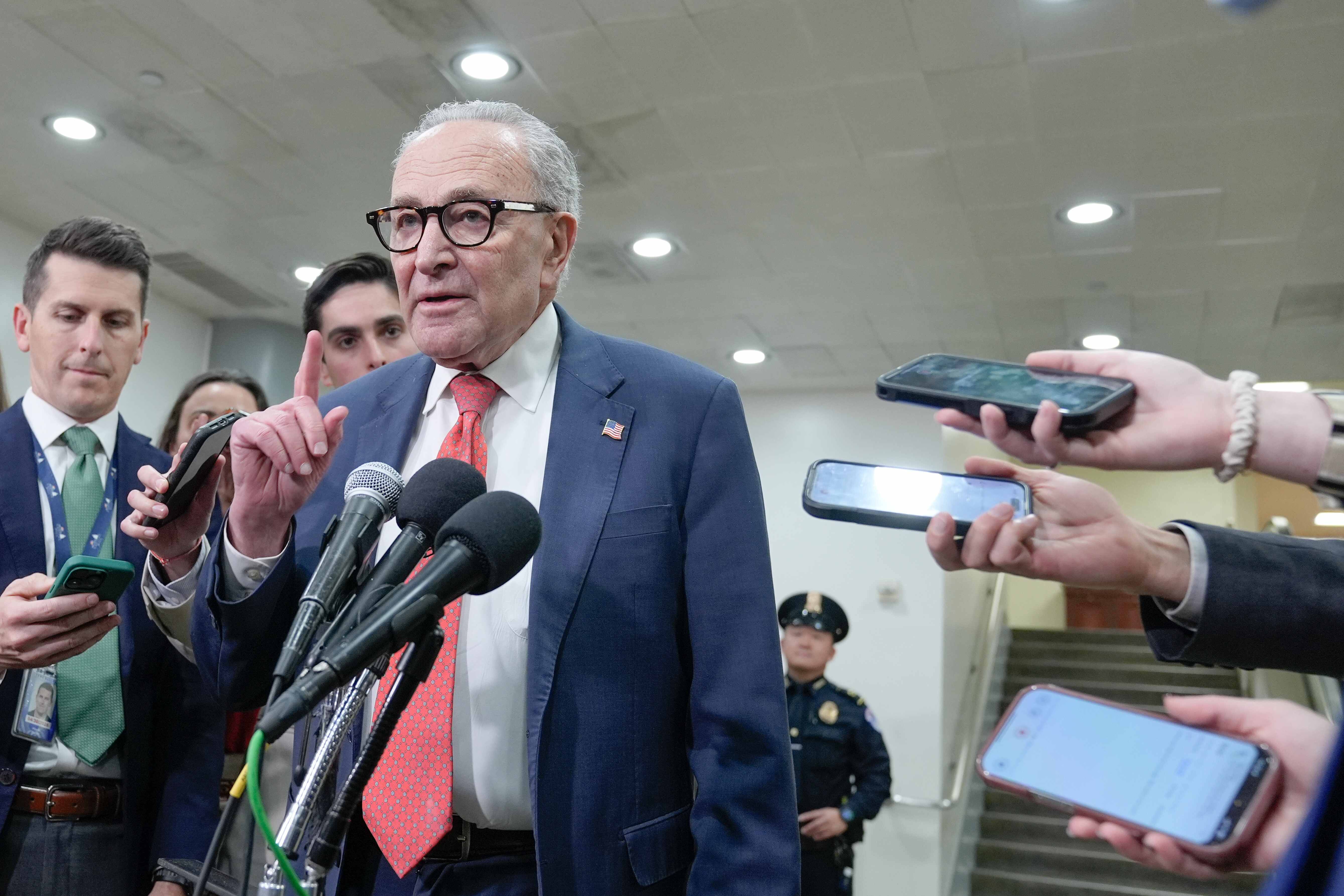Sen. Coons says "there is no path" for Trump to get border wall funding
Democratic Sen. Chris Coons said Sunday that "there is no path" for President Trump to get the $5 billion he wants for border wall funding, and said the way forward is with the $1.3 billion that has been appropriated for border funding.
"There is frankly no path towards his getting five billion dollars in American taxpayer money to meet his campaign promise of a big, beautiful wall with Mexico," the Delaware senator said on "Face the Nation." "There is a path towards our responsibly appropriating about $1.3 billion for border security." He said the Trump administration has not yet spent $1.3 billion that was appropriated for border security this year.
Mr. Trump, he said, needs to recognize that the bipartisan agreement from last week that the Senate "voted unanimously on is the agreement that ultimately he's going to have to accept."
Washington remains deeply divided and nowhere near a resolution of the shutdown that began early Saturday, with all sides now anticipating the impasse will continue into the new year.
Coons also said he was expecting the Senate would ask "probing questions" at hearings for Mr. Trump's replacement of James Mattis as defense secretary. Mr. Trump announced that Deputy Secretary of Defense, Patrick Shanahan, will assume the title of acting secretary of defense starting January 1, 2019.
In addition, Coons said he was "pleading" with Mr. Trump to reconsider his recent criticism of Federal Reserve Chairman Jerome Powell over rising interest rates. Criticism of Federal Reserve policy making is an "abrupt change in practice", he said, and rumors of the president seeking to remove Powell from the job are impacting financial markets.
"This was the worst week for the American stock markets in a decade and that is as strong a signal as I think you can get from our economic policy leaders," Coons said. "The independence of The Fed is a key linchpin of American economic security. And I just plead with the president to reconsider what is a very dangerous course in economic policy."



